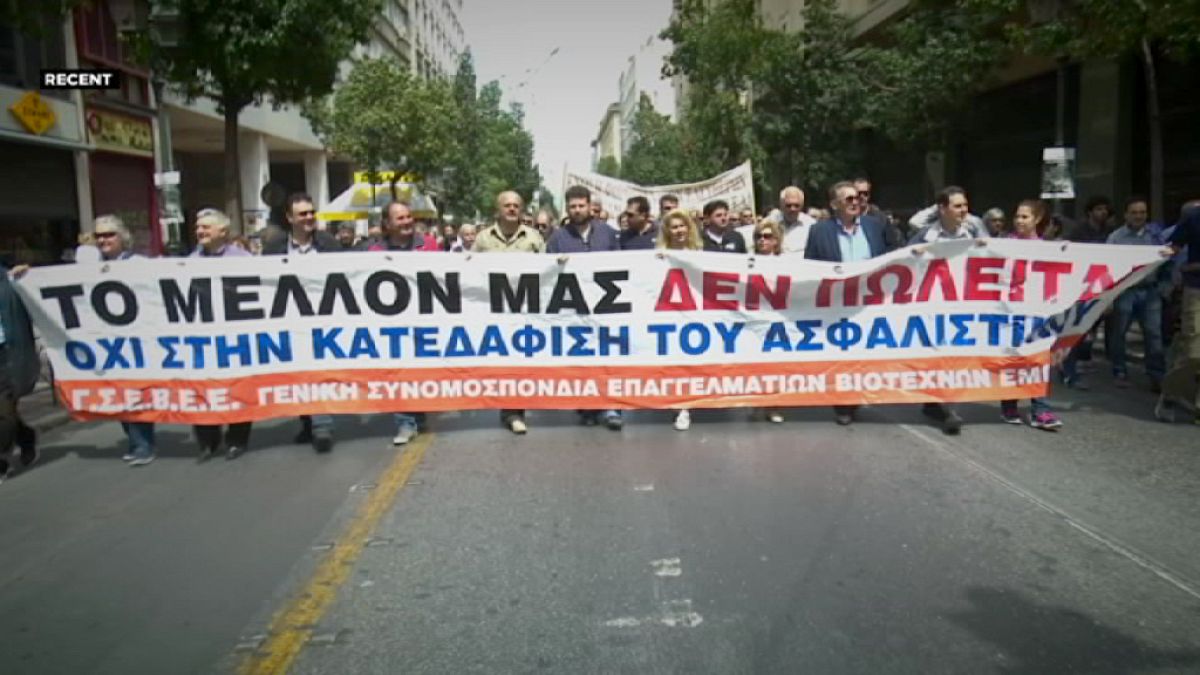Greece is thrown another lifeline. Europe's finance ministers agree to unlock 10.3 billion euros in bailout funds.
After 11 hours of talks, recession-hit Greece has been thrown another lifeline.
Europe’s finance ministers have approved its reform efforts and decided to unlock 10.3 billion euros in bailout funds to see the country through the coming months.
The payment will be split into two tranches: 7.5 billion in June and 2.8 billion in September.
After a ropey start, the International Monetary Fund came on board to help fund the bailout when the euro zone agreed to offer Greece debt relief in 2018, if necessary to meet the agreed criteria on its payments burden.
Earlier in the week, the creditor had demanded “upfront” and unconditional” debt relief for Greece, making it clear that Germany and other hardline powers would need to ease their stance towards Athens, if the IMF were to contribute money to the 86-billion-euro bailout.
In April, 2016, IMF Director Christine Lagarde had said the lender would reconsider its participation if Europe didn’t contribute.
Germany came forward to say it, too, would stop contributing, if the IMF did.
‘Major concession’
The IMF called the agreement a “major concession.” European Chief Poul Thomsen added:
“We welcome that it is recognised that Greece needs debt relief to make it sustainable, it cannot do it on its own effort. And we welcome that there has been agreement on the methodology for how to assess debt sustainability.”
Greek Finance Minister, Euclid Tsakalotos, appeared optimistic about the deal:
“I think there is some ground for optimism, that this can be the beginning of turning Greece’s vicious circle of recession measures, recession, into one where investors have a clear runway to invest in Greece and turn the corner in favour of the virtuous cycle.”
Fiscal reforms
To gain the funds, Greece’s leftist-led coalition government has been forced to push through painful fiscal reforms, which have drawn thousands to the streets in protest.
The mountain of debt in Greece stands at €321 billion euros, or some 180 percent of its annual economic output.
With the Greek recession predicted to deepen slightly this year, to 1.0 percent, Europe and Greece’s international lenders deem the austerity measures necessary in helping Athens move forward.
